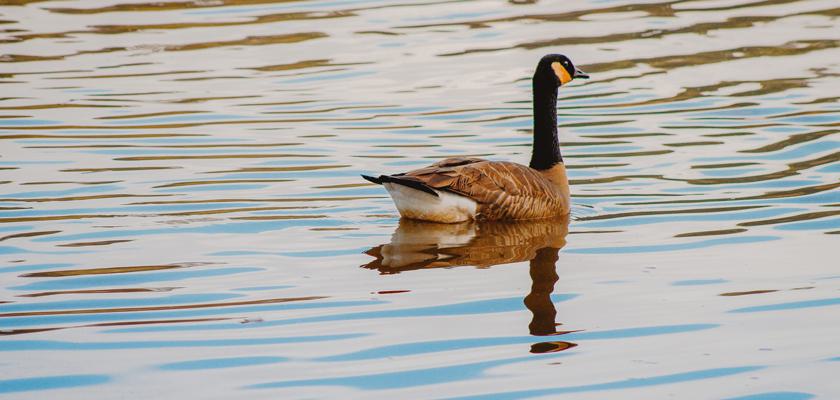Fears surrounding bird flu are subsiding around the state of Alabama, but caution is still recommended.
In recent months, there has been a surge in avian influenza (commonly called bird flu) across the nation.
The current outbreak is caused by an HPAI (H5N1) virus, previously observed circulating in waterfowl populations in Eurasia for several years. Since January 2022 through April 21, the Centers for Disease Control and Prevention (CDC) as well as the United States Department of Agriculture (USDA) have recorded over 31 million birds in the United States infected.
Alabama has reported only one case of avian influenza in 2022. The case was reported in February in Limestone County.
Although there has only been one reported case of avian flu, many in the state wonder if they should dispose of their bird feeders, birdhouses and other domestic bird habitats.
According to the Alabama Cooperative Extension System (ACES), there is no current recommendation to remove birdfeeders, but there are methods of cleanliness that can be followed to mitigate risk.
“As of April 21, 2022, the Alabama Department of Conservation and Natural Resources (ADCNR) has issued no official guidance to take down backyard bird feeders,” said Wesley Anderson, an Alabama Extension specialist and Assistant Professor of Forestry, Wildlife and Natural Resources at Auburn University. “Certainly, it is fine to take down bird feeders out of precaution if so inclined, but that measure is not currently being called for in Alabama. With that the case, there are still steps everyone can take to reduce the probability for transmission of avian influenza and other avian diseases.”
ACES recommends keeping feeders up, except those that attract waterfowl. In locations where waterfowl congregate around bird feeders, ACES recommends removing them until outbreaks in other parts of the country have subsided.
The cleanliness of bird feeders can also contribute to the possible spread of disease.
Regular cleaning and maintenance of bird feeders and cleaning up the area surrounding feeders are the most critical steps to prevent the spread of any fowl-borne diseases.
According to ACES, those with backyard poultry, such as chickens and ducks, should refrain from having bird feeders near the poultry.
ACES also claims that good biosecurity dictates that bird feeders should not be near poultry; this is not just because of bird flu but other disease concerns as well. Wild birds can spread diseases such as mycoplasma, infectious bronchitis, Salmonella, and other diseases to poultry and vice versa.
Since the outbreak in other parts of the United States, no cases of bird flu in domestic poultry have been documented in Alabama or surrounding states; this applies to both backyard and commercial operations. Still, ACES suggests that Alabama poultry producers (both backyard and commercial) increase biosecurity measures until the outbreaks subside.
Although avian influenza only infects people on rare occasions, it is still possible. Therefore, poultry operations and the general public are encouraged not to handle sick or dead birds with bare hands. Preferably, sick or dead birds are to be handled with a shovel. If a bird must be moved by hand, gloves should be used to prevent contamination.
Birds that appear to have died from no apparent cause should be reported to the Alabama Department of Conservation and Natural Resources.
To connect with the author of this story, or to comment, email craig.monger@1819news.com.
Don’t miss out! Subscribe to our newsletter and get our top stories every weekday morning.










